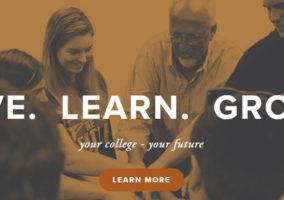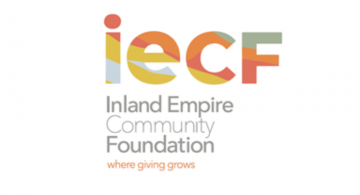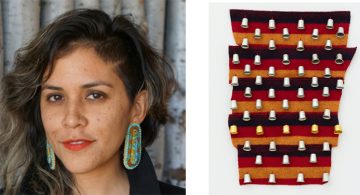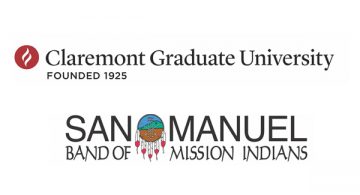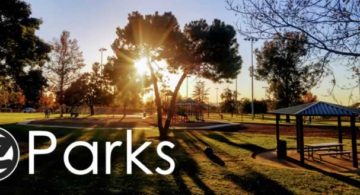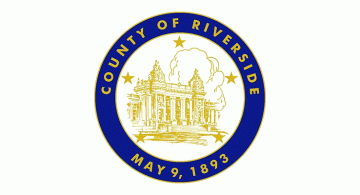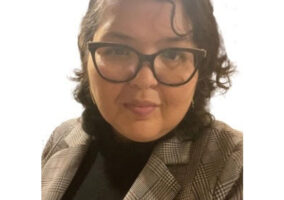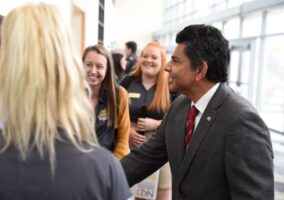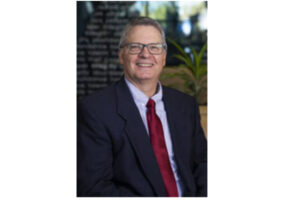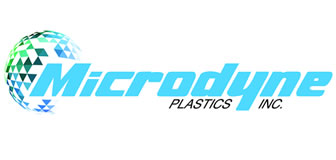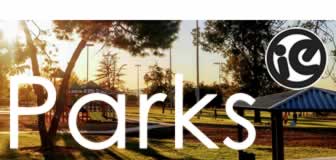$1.3M For Moreno Valley College’s Upward Bound Funding
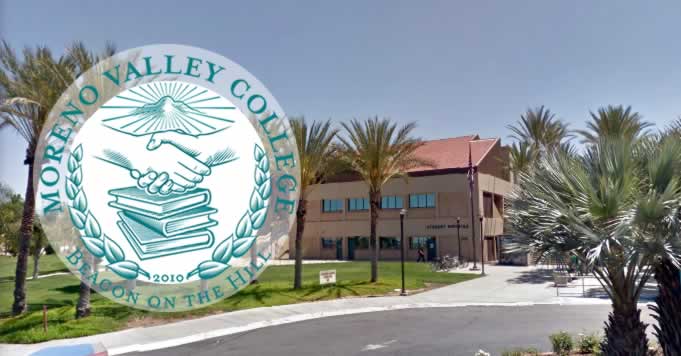
Moreno Valley, CA – The United States Department of Education notified Moreno Valley College that it has received a renewal for its Upward Bound Math and Science (UBMS) program. The award is for a five-year period and is over $1.3 million.
Micki Clowney, director of TRIO, said UBMS will continue its work with Vista del Lago High School students in exploring STEM fields — science, technology, engineering and math. The program serves up to 62 students yearly.
“We are excited to continue the partnership with Moreno Valley Unified School District,” she said. “Over 70 percent of UBMS scholars are from low-income backgrounds and are first-generation college going students.”
Since the establishment of the UBMS program at the College in October 2012, UBMS scholars have participated in the Nanotechnology Institute at UC Santa Barbara, completed internships through the MVUSD Asterisk Program, satisfactorily completed college courses during the summer, toured the General Atomics Fusion Laboratory, and visited colleges and universities.
Over 90 percent of UBMS scholars have enrolled in a post-secondary program the fall immediately following high school graduation at such institutions as UCLA, UC Berkeley, UC Irvine, Cal State San Bernardino, Cal Poly Pomona, Hampton University and Moreno Valley College.
“This grant allows us to connect students with CEOs, business leaders, and academicians through networking, research opportunities, internships, field experiences, and mentoring in STEM fields,” Clowney said. “UBMS goes beyond simply telling students about college; it partners with scholars and their families to navigate the journey.
“We are proud to have students attending college and pursuing degrees in such fields as nanotechnology, engineering, computer information systems and biochemistry.”
TRIO, the umbrella program for UBMS, is funded through the US Department of Education and was first established with the creation of Upward Bound as part of the Economic Opportunity Act. TRIO further expanded in 1965 with Talent Search under the Higher Education Act. In 1968, the collegiate program of Student Support Services was added. By 1998, the TRIO programs had become a vital pipeline to opportunity, serving traditional students, displaced workers, and Veterans. The original three programs had grown to nine, adding Educational Opportunity Centers and Veterans Upward Bound in 1972, Training Program for Federal TRIO programs in 1976, the Ronald E. McNair post-baccalaureate Achievement Program in 1986, Upward Bound Math/Science in 1990, and the TRIO Dissemination Partnership in 1998.
“This grant is truly an investment in future STEM leaders,” Clowney added. “TRIO works.”




